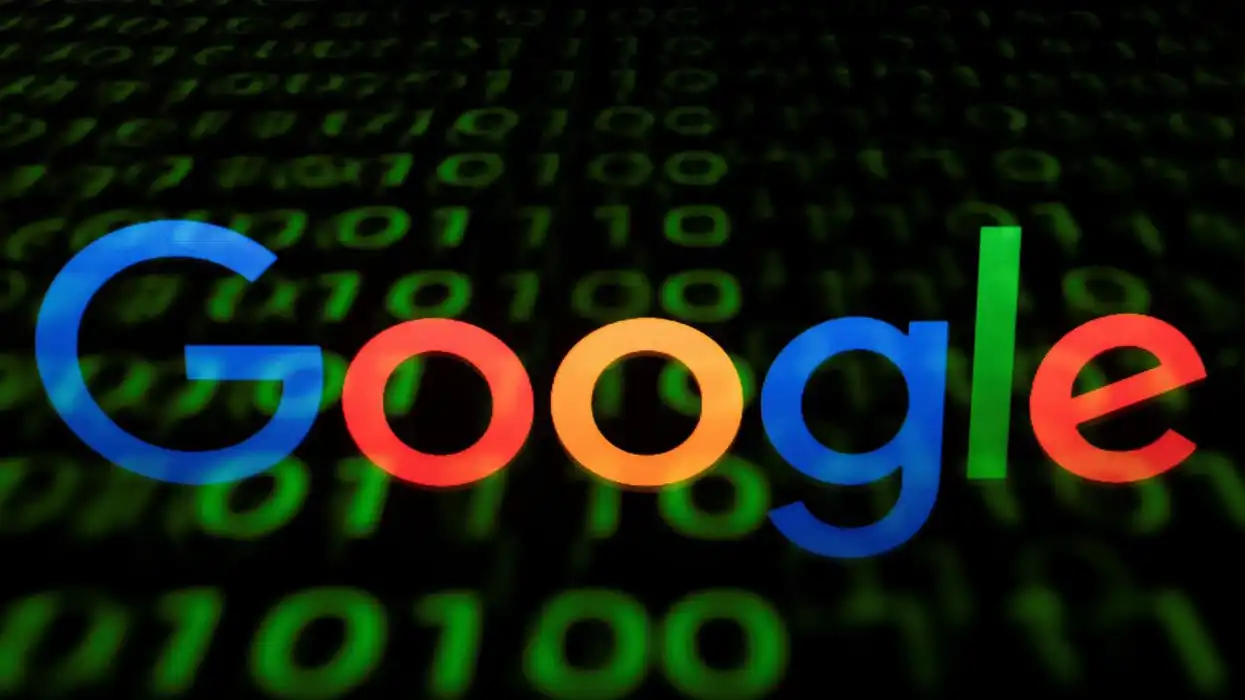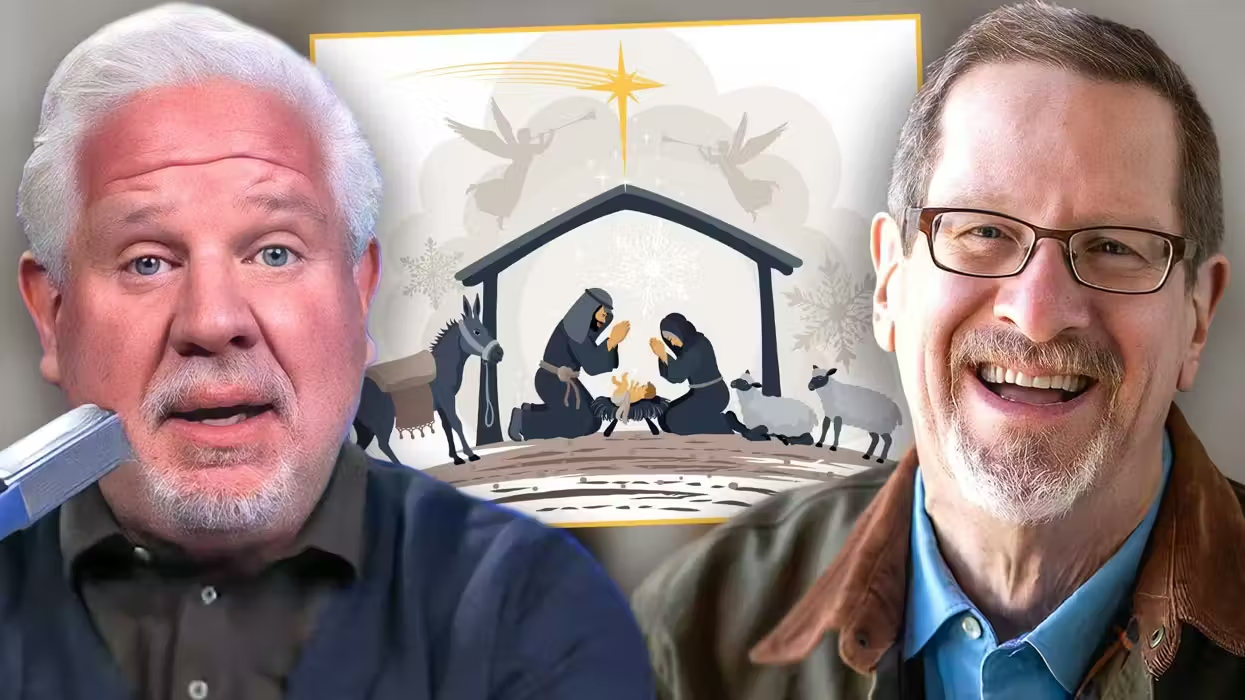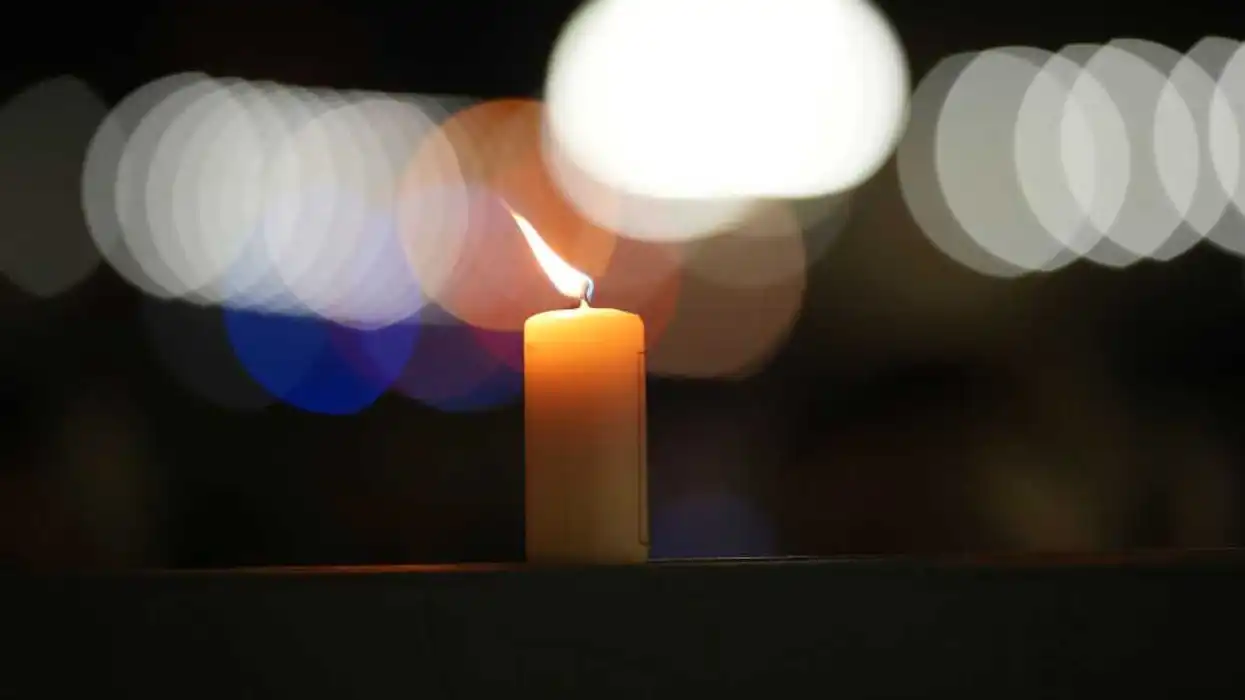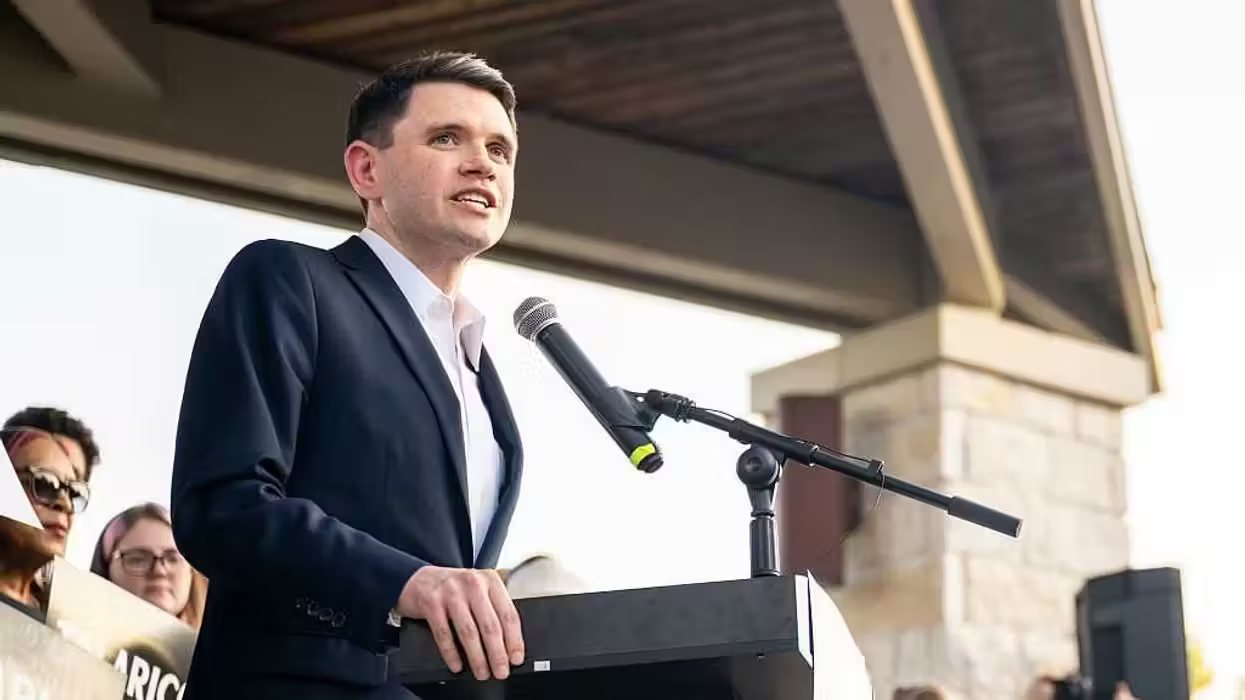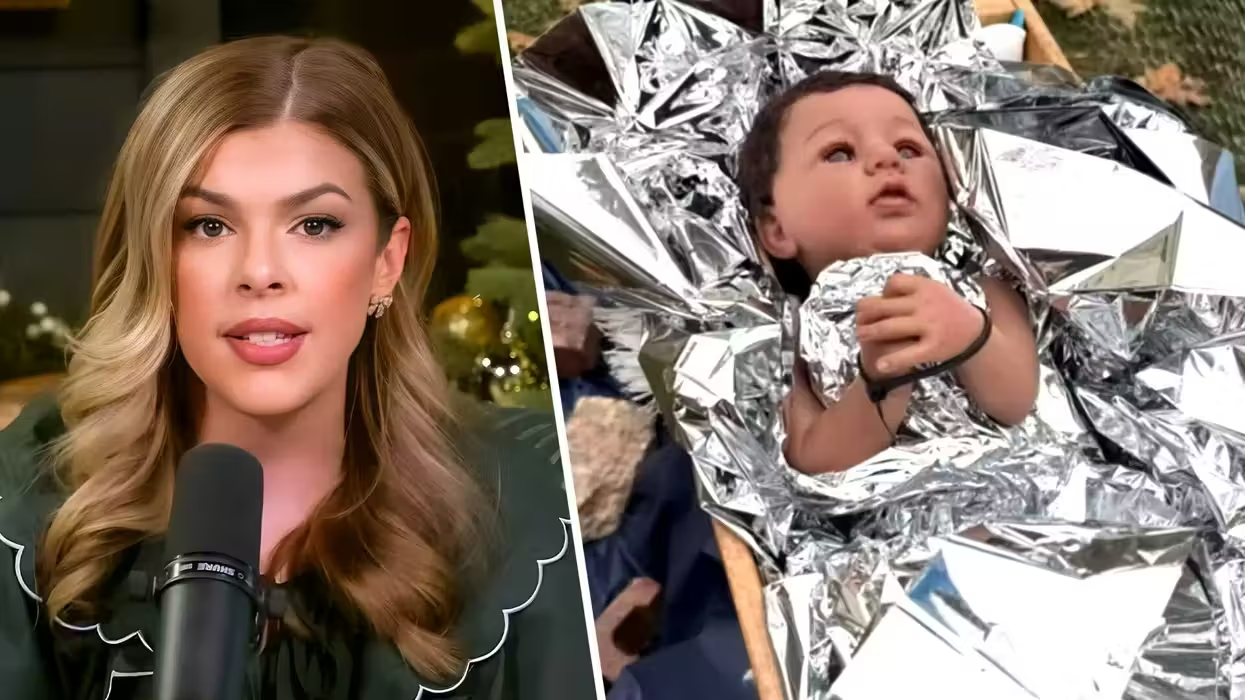Congress’ inability to come to an agreement on a short-term spending bill caused the U.S. government to shut down Tuesday, forcing it to close, among other things, the U.S. Commodity Futures Trading Commission (CFTC).
 Bart Chilton, commissioner, U.S. Commodity Futures Trading Commission (Becket Adams)
Bart Chilton, commissioner, U.S. Commodity Futures Trading Commission (Becket Adams)
This could be a serious problem. See, the CFTC regulates the futures and options markets, which include precious metals, energy, currency, and currency indexes.
In other words, they’re sheriffs who keep an eye on some of Wall Street’s biggest money movers. And the futures and options markets are currently operating without federal regulation.
“I can’t spend any [agency] money,” said Bart Chilton, commissioner, U.S. Commodity Futures Trading Commission, at the annual Society of American Business Editors and Writers (SABEW) conference in New York City, which TheBlaze attended.
“We had three hours on Tuesday to an actual shutdown at the CFTC. When that three hours was up, we received an email,” he said. “It said, ‘you may be fined for logging onto your CFTC website or using your personal laptop.’”
CFTC employees could be fined “up to $5,000 for logging on. You may not do any work. You may be terminated if you do U.S. government work,’” Chilton continued, citing the email.
Of the department’s approximately 680 employees, only 28 have been left to run the show, enough to provide "a bare minimum level of oversight and surveillance,” the email said.
And of the 28 who have been left to keep the CFTC in barely-operational condition, “they’re not watching markets,” Chilton said.
We’re saying, “Hey bad guys! Come over here, nobody is looking,” he said. “No federal regulator is looking.”
“Two guys [do market surveillance]. We continue to get tips about different markets,” he said. “We have a couple of guys who usually watch precious metals … a big group of people watch energies,” he said, “those people are gone.”
“The back orders are piling up. We’ll get to them eventually -- as soon as we get back to work -- but that doesn’t help anyone that’s losing money now,” he said.
The shutdown has also forced the CFTC to discontinue its weekly Commitment of Traders report, which provides traders with crucial, price-sensitive information about the positions of other producers, consumers, and speculators. (True, the CFTC weekly report is not the most price-sensitive market report out there, but it helps traders shape and form their positions. And until the shutdown ends, they’ll be flying blind.)
This means Wall Street commodities and futures players are currently operating in an information vacuum. Considering the fact that rumors in the marketplace can oftentimes be disastrous, an information vacuum may create an extremely volatile situation.
“There’s not a lot of people working out there,” Chilton continued, adding “nobody is watching the futures markets.”
The Securities and Exchange Commission, an organization separate from the CFTC, continues to monitor stocks.
 Chilton (Becket Adams)
Chilton (Becket Adams)
Chilton said that a lot of the debate has been wasted on issues that he believes are important (specifically, the closing of parks and monuments), but they pale in comparison to some of the other effects of the shutdown (specifically, the halting of funds to the National Institutes of Health).
“It’s a big hairy deal and I’m a little bit concerned on tourism, it’s important. [But] there are some real … issues out there that matter to people,” he said. “Big issues. Big problem.”
Bart Chilton was appointed by George W. Bush and confirmed by the U. S. Senate in 2007.
--
Follow Becket Adams (@BecketAdams) on Twitter
Featured image Getty Images. This post has been updated.
[related]

 Bart Chilton, commissioner, U.S. Commodity Futures Trading Commission (Becket Adams)
Bart Chilton, commissioner, U.S. Commodity Futures Trading Commission (Becket Adams)

